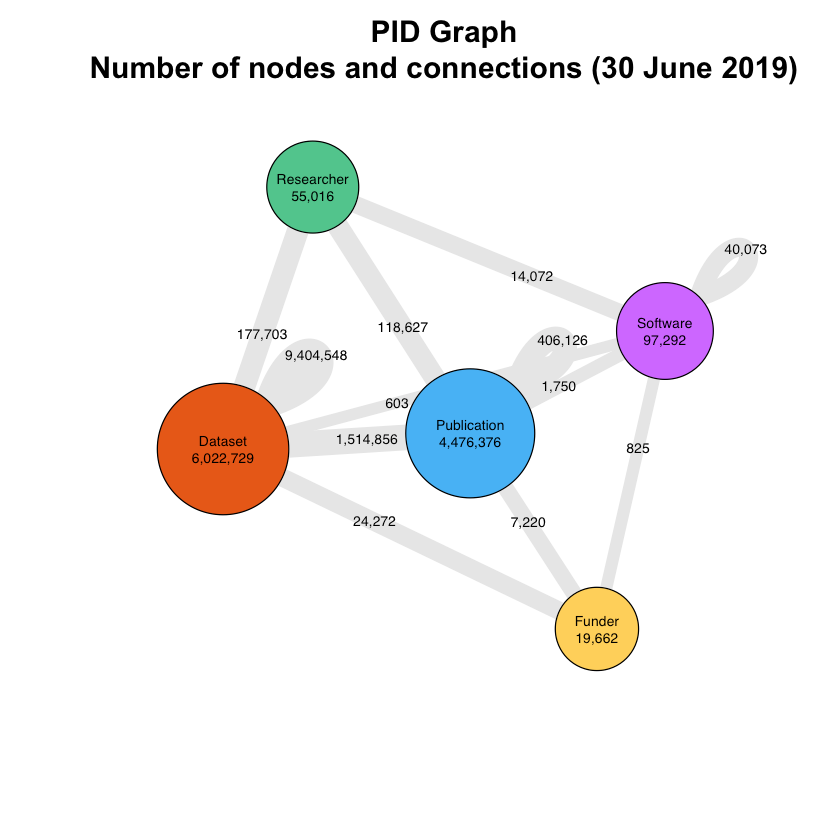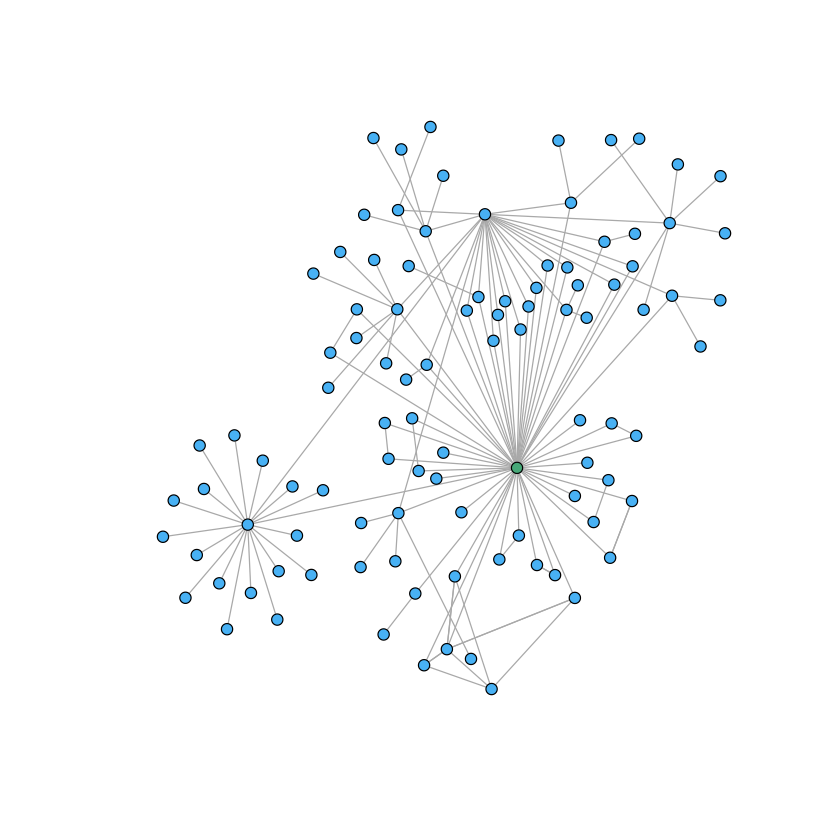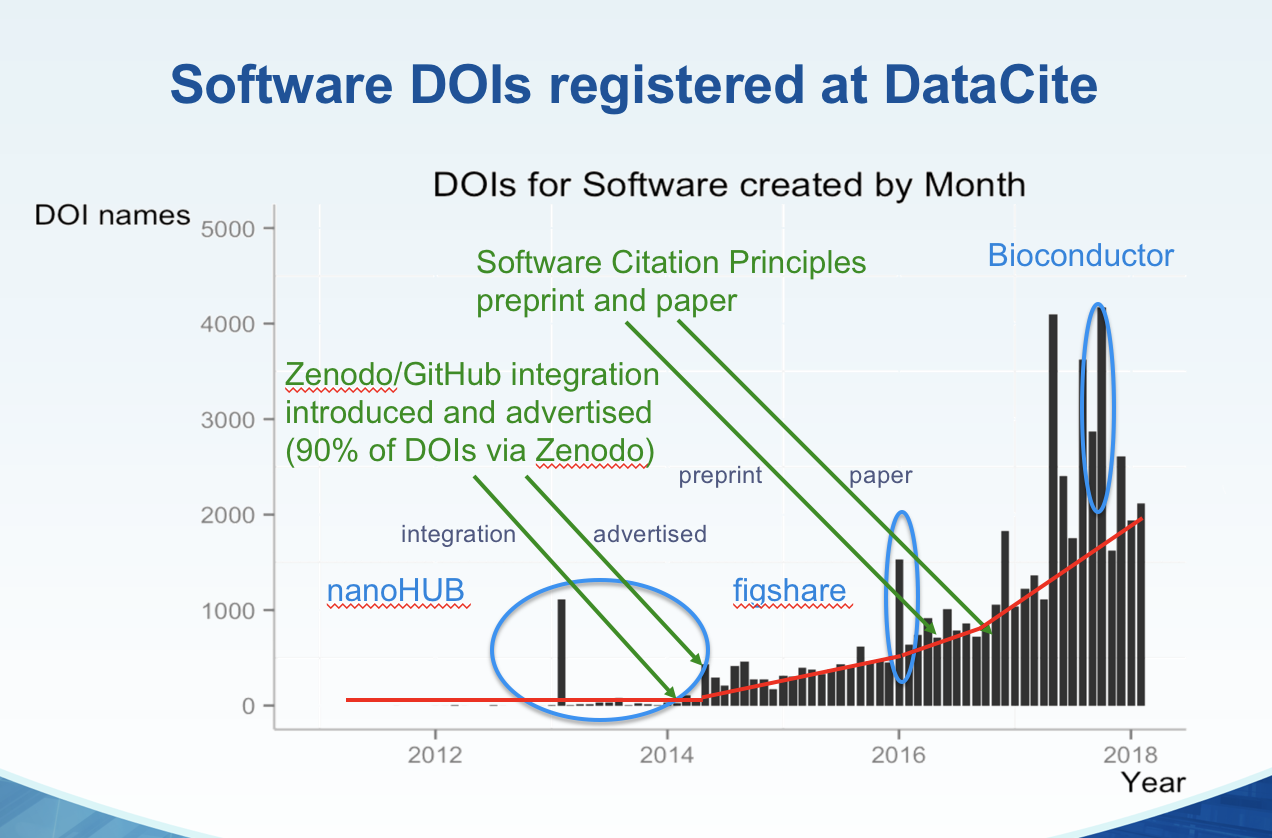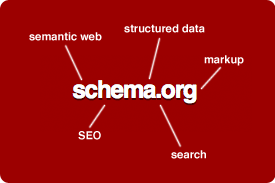
In a blog post four weeks ago DataCite Executive Director Matt Buys talked about the DataCite strategic priorities for 2020 (Buys, 2020). In this post we want to talk a bit more about the strategic priorities for this year we have regarding services and infrastructure work: a) consolidation of our services and infrastructure, and b) stronger emphasis on member-driven product development.








